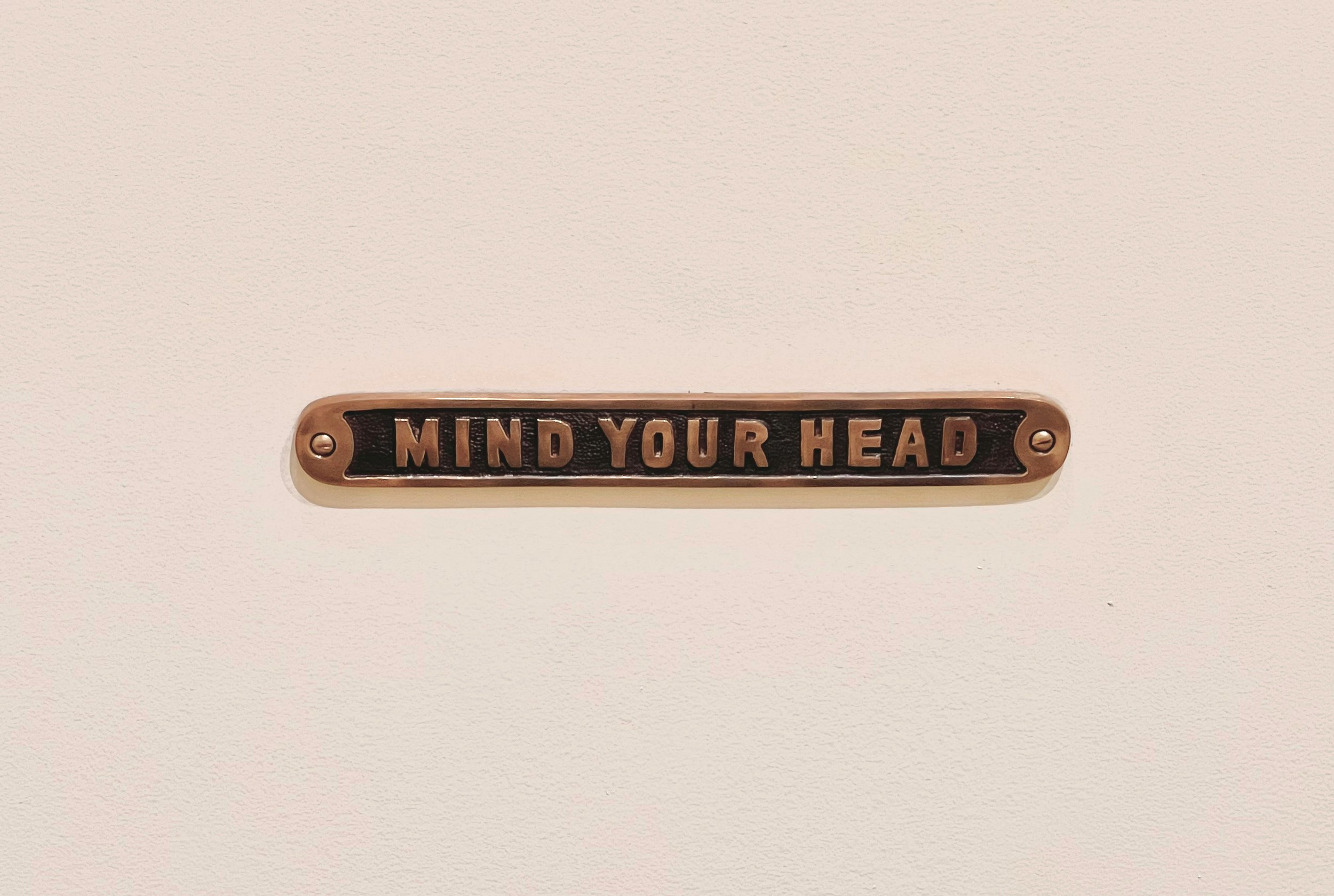Change Your Mind, Change Your Life?
Change Your Mind, Change Your Life? - Therapy on the Telly
Optimistic … but Simplistic
The recent BBC series, Change Your Mind, Change Your Life, was optimistic and relatable - but too condensed to feel authentic.
The four-part documentary, hosted well, with heart, by Matt and Emma Willis, aimed to demystify counselling, reduce stigma about it and encourage people into the profession. Timely, on the one hand, given recent negative (and mostly misinformed) attention about therapy in the media. And yet strangely out of step. Because, while there is still stigma around seeking mental health support, overwhelmingly people are open to and searching for it. They just can’t find affordable, appropriate, help. While those qualified and experienced to help them often find it very difficult to get paid a decent wage.
Portraying the route into and process of getting therapy as quick and simple, which the programme did both in what it depicted and what it omitted, is misleading.
Authentic and Relatable
Each episode followed a group of clients, showing (very) edited snapshots of their therapy experiences with four professionals. They seemed to have three or four sessions each but the arrangements were unclear. The challenges people faced included anxiety, grief, body image issues, PTSD, and phobias. The programme interspersed scenes from their therapy with reflections on how it was going.
All the clients were authentic, ordinary people. They were likeable. They brought struggles that felt relatable and apt. Some of them were keen to be in counselling: others more sceptical. The practitioners seemed authentic, too, as people. One was a clinical psychologist, two psychotherapists and one a psychiatrist. It was a shame their styles, perhaps due to heavy editing, felt weirdly similar and ill-defined.
The programme design also felt relatable. Matt and Emma are down-to-earth presenters who were keen to journey with the clients, relating to them respectfully about what was happening in the sessions and in their lives. It was good that their focus and dialogue was with them, not the professionals.
Misleading
In a ‘Change Your Mind, Change Your Life’ world, therapy is universally short-term and quick-win. This isn’t true-to-life. Some clients may experience a lasting breakthrough in three sessions: many won’t. Those seeking and providing help in services are often limited to an arbitrary but rigid cut-off after six sessions. (As far as I know, this number is simply a way to manage resources: it isn’t based on reliable evidence about the effectiveness of ending after six).
As well as implying there will always be change experienced in early on in therapy, the editing of the show made the work seem magical and a bit hollow. The professionals looked different from one another and had different job titles but the work they were doing felt similar because it was undefined and fuzzy. The programme embued the “therapists [with] a rather godlike power” meaning clients were “grateful but perhaps not sufficiently aware of their own part in the process.”*
(Empty) Promising?
A series like this may help people who assume therapy isn’t for them. I think it is worth a watch. But it isn’t a sufficient portrayal. It doesn’t tackle the fact that private therapy is financially out of reach for many, that in the NHS alone 16,522 people are still waiting for mental health treatment after 18 months and this doesn’t include the many charities with huge waiting lists.
Setting aside the societal and political challenges, and simply considerinf the portrayal of counselling, Couples Therapy is streets ahead of this for an accurate exploration. It would be great to see the BBC follow up and commission something similar, maybe focusing on a different client group.
The professionals in Change Your Mind, Change Your Life were Fatoumata Jatta, Julia Samuel, Owen O'Kane and Steve Peters.
Thanks to Camilla Nichols for her article - https://welldoing.org/article/what-psychotherapist-thinks-of-bbcs-change-your-mind-change-your-life and Rethink Mental Illness for the stats - https://www.rethink.org/news-and-stories/media-centre/2025/02/new-analysis-of-nhs-data-on-mental-health-waiting-times
